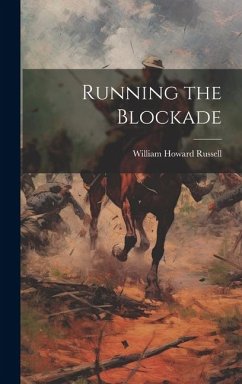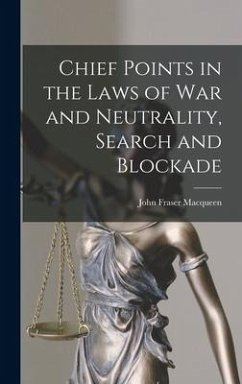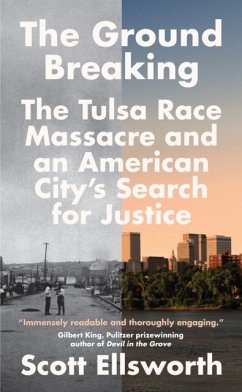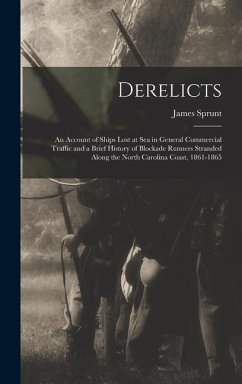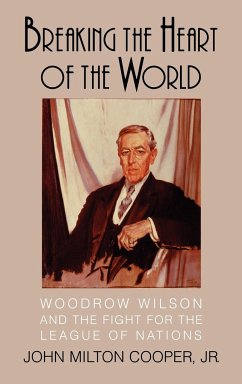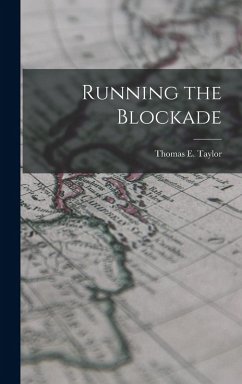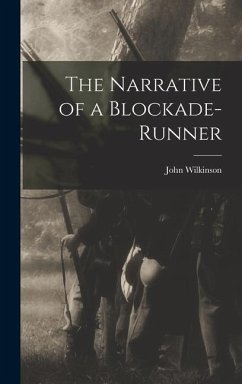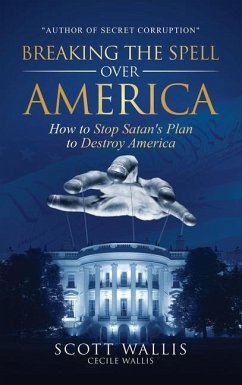
Breaking the Blockade
The Bahamas During the Civil War
Versandkostenfrei!
Versandfertig in 1-2 Wochen
115,99 €
inkl. MwSt.
Weitere Ausgaben:

PAYBACK Punkte
58 °P sammeln!
On April 16, 1861, President Abraham Lincoln issued a blockade of the Confederate coastline. The largely agrarian South did not have the industrial base to succeed in a protracted conflict. What it did have--and what England and other foreign countries wanted--was cotton and tobacco. Industrious men soon began to connect the dots between Confederate and British needs. As the blockade grew, the blockade runners became quite ingenious in finding ways around the barriers. Boats worked their way back and forth from the Confederacy to Nassau and England, and everyone from scoundrels to naval office...
On April 16, 1861, President Abraham Lincoln issued a blockade of the Confederate coastline. The largely agrarian South did not have the industrial base to succeed in a protracted conflict. What it did have--and what England and other foreign countries wanted--was cotton and tobacco. Industrious men soon began to connect the dots between Confederate and British needs. As the blockade grew, the blockade runners became quite ingenious in finding ways around the barriers. Boats worked their way back and forth from the Confederacy to Nassau and England, and everyone from scoundrels to naval officers wanted a piece of the action. Poor men became rich in a single transaction, and dances and drinking--from the posh Royal Victoria hotel to the boarding houses lining the harbor--were the order of the day. British, United States, and Confederate sailors intermingled in the streets, eyeing each other warily as boats snuck in and out of Nassau. But it was all to come crashing down as the blockade finally tightened and the final Confederate ports were captured. The story of this great carnival has been mentioned in a variety of sources but never examined in detail. Breaking the Blockade: The Bahamas during the Civil War focuses on the political dynamics and tensions that existed between the United States Consular Service, the governor of the Bahamas, and the representatives of the southern and English firms making a large profit off the blockade. Filled with intrigue, drama, and colorful characters, this is an important Civil War story that has not yet been told.





